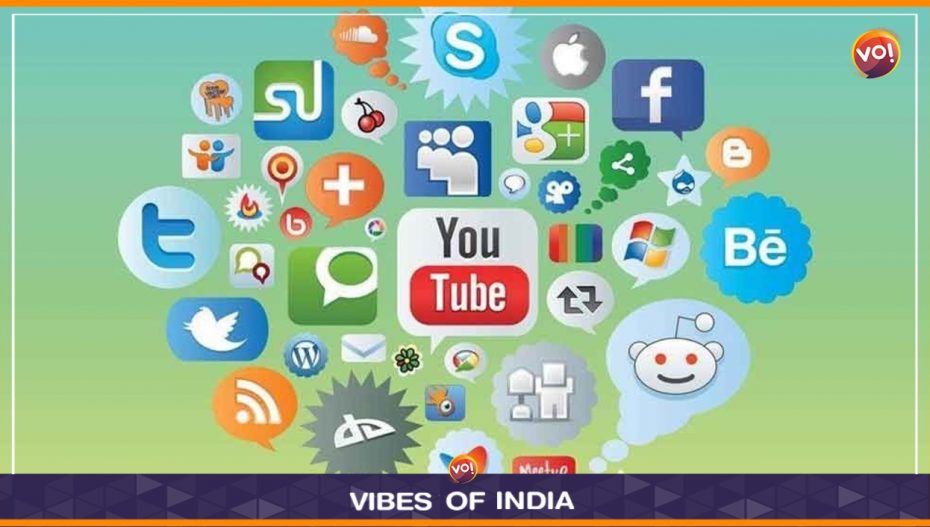While it can boost connections and self-esteem of individuals, and has become a vital marketing tool for businesses, new research suggests that heavy usage of social media has a negative impact on anxiety, depression and sleep quality
Asha*, a college student in her 20s from Vadodara, says: “I spend five to six hours a day using my phone on social media. At the end of the day, I feel guilty about wasting my time but repeat the same behaviour the next day. I don’t realize how time flies and I feel sad that I have not done things that need to be done.”
Samir*, a tech-savvy student based in Ahmedabad, preparing for his IB programme in school, says: “I realized that when I don’t have my mobile phone after dinner, I save time and can study. Also, use of phone at night meant I could not get up early to study. I decided to give my phone to my parents every day after dinner. My grades improved significantly. So, did my sleep.”
(*Case studies provided by Wellness Space. Names changed to protect privacy)
The pros and cons of social media use have been much researched and debated. The opportunity to communicate and connect in the virtual world can create a sense of well-being in people. Also, social media is used by companies for marketing in a big way these days. However, the flip side is that excessive use of social media is known to have negative consequences.
Wellness Space, Ahmedabad, an organization involved in individual coaching sessions, training and research, has come out with a study based on an online survey of around 250 participants. The study reveals that excessive social media use has undesirable consequences on anxiety, depression and sleep quality. Moreover, there is a ‘dose-response’ impact, that is, the higher the usage, the more adverse the consequences.
The abstract of the research paper was presented at the National Academy of Psychology (NAOP) 2023 annual convention at Ahmedabad University. Students, aged between 19 and 22, made up 53 per cent of the participants, says Dr Gunjan Trivedi, co-founder of Wellness Space and life coach.
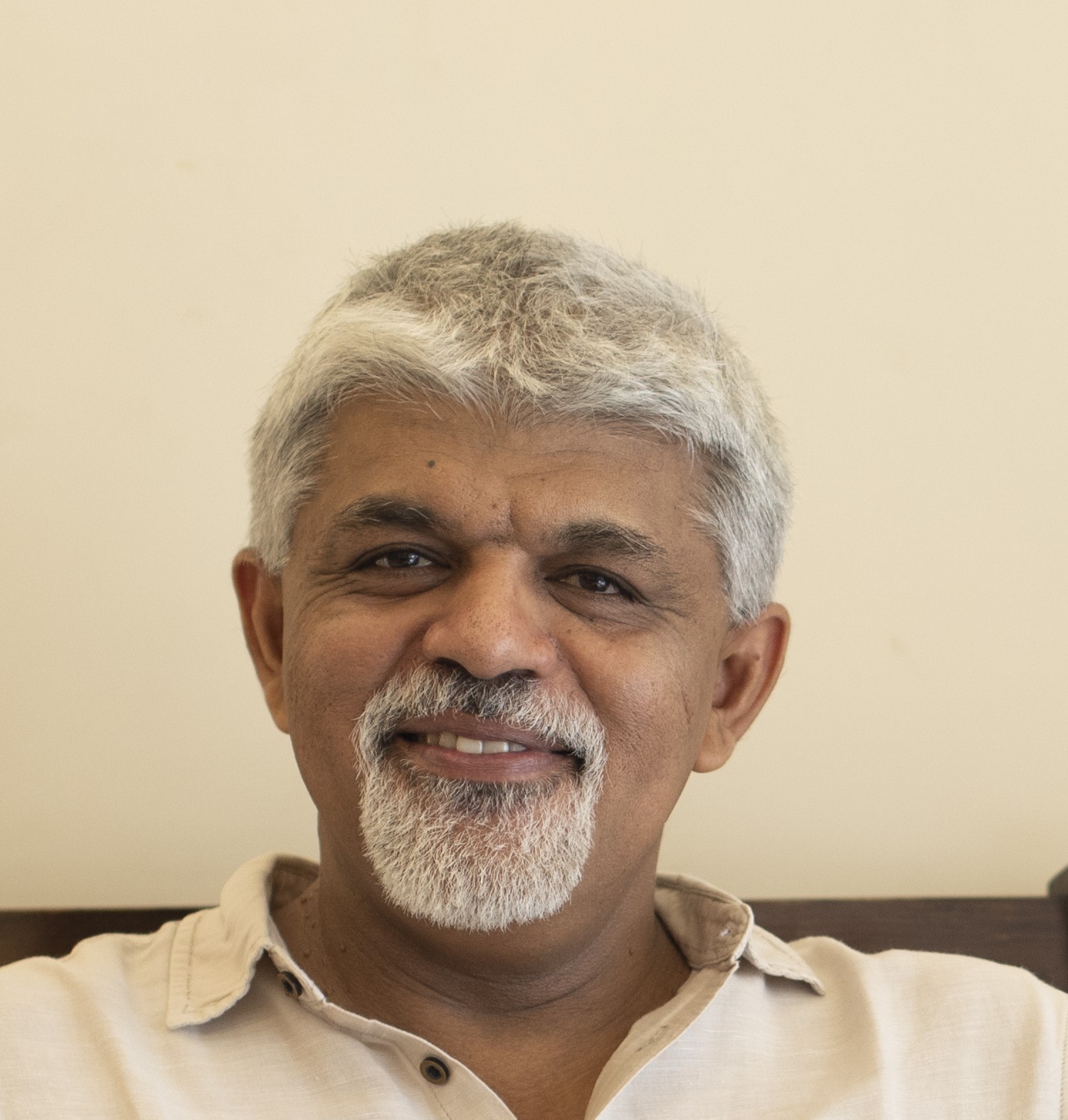
Alarming data
Alarmingly, the presentation, quoting Statista data, reveals that the number of social media users worldwide, which was 2.73 billion in 2017, is projected to rise to 5.85 billion in 2027.
“The use of social media is a double-edged sword. Social media has benefits such as networking, socializing, overcoming loneliness and isolation, and getting help when needed. However, there is a complex inter-relationship between anxiety, depression, sleep and social media usage,” says Dr Trivedi.
“Very high usage of social media (more than 6 hours) causes poor sleep quality. The measured value is 11.5 on the Insomnia Severity Index when the desired value is less than 9. The findings in the case of anxiety are even more worrisome. Average anxiety, measured using GAD-7 (Generalized Anxiety Disorder-7) was 25.1 in the very high usage category, while the desired value was less than 9. Also, 62 per cent of high anxiety individuals are high (4-6 hours) to very high (more than 6 hours) social media users,” he explains.
Dr Trivedi believes that the problem of excessive usage is common among adolescents and young adults. Also, they are more likely to acknowledge and report issues.
Another interesting finding of the study is that most participants’ actual social media usage is much more than the desired usage. For instance, 95 per cent of the participants ‘desired’ usage was less than 2-3 hours a day but only 51 per cent could actually keep to this level of usage.
Based on external data, the study says that the risk of heavy digital media use was three times higher among youth who had had Adverse Childhood Experiences (ACEs). “We propose that future work should explore the role of ACEs in increased social media usage. Also, that the functional impairment caused by excessive use of social media in terms of academic and job performance, and relationships should be examined,” says Dr Gunjan.
Clinic at NIMHANS
The Service for Healthy Use of Technology (SHUT) Clinic at the National Institute of Mental Health and Neurosciences (NIMHANS) in Bengaluru helps people deal with tech-based addictions. It is for all age groups, but most treatment seekers are adolescents and young adults, says Dr Manoj Kumar Sharma, who heads the clinic.
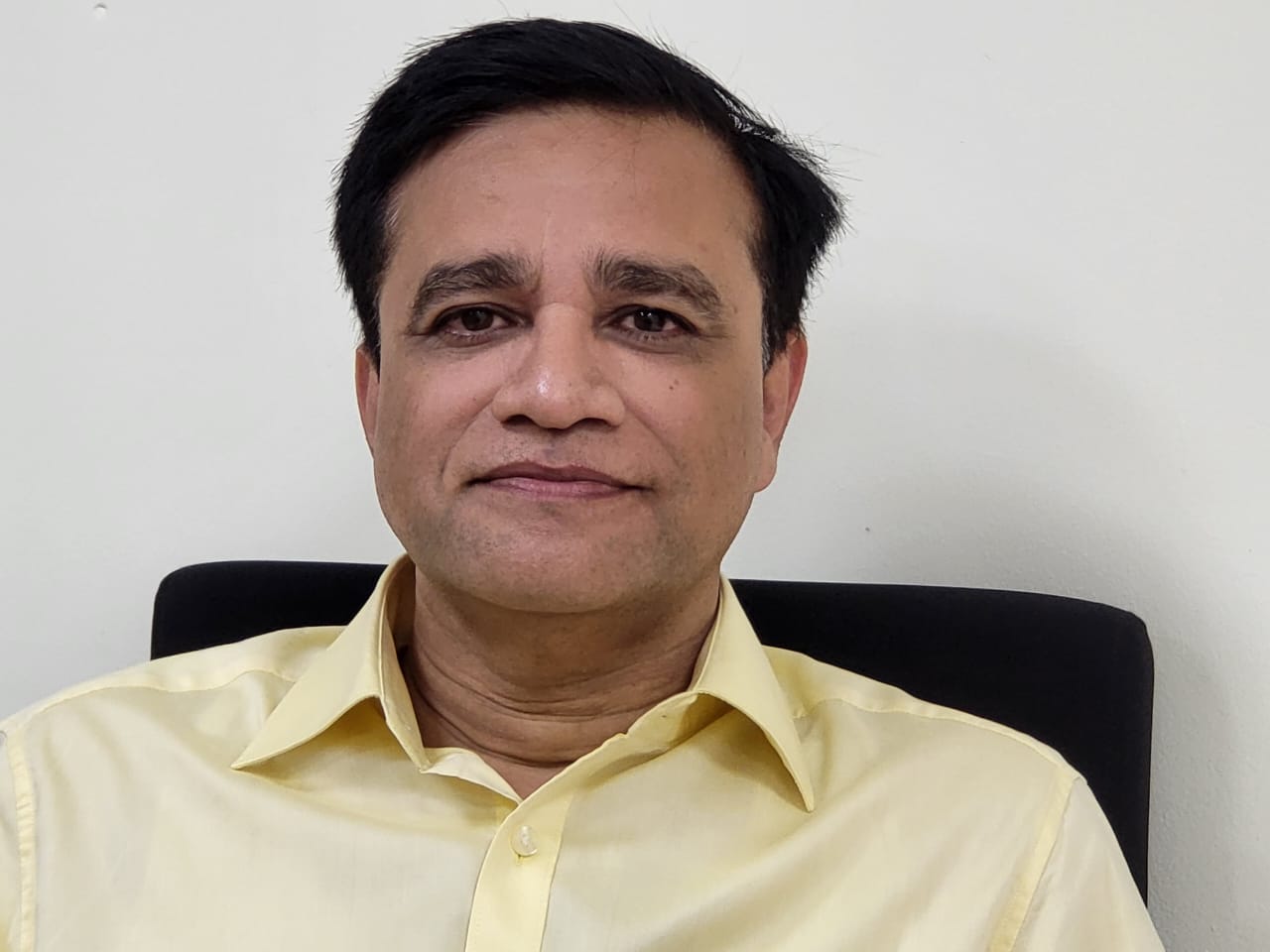
“There is a bi-directional relationship – excessive social media use can cause anxiety and depression. Also, psychological issues like anxiety and depression can lead to too much social media use. Introverts, who don’t have many friends in the real world also use social media as a way of coping and connecting,” he explains.
Social media use fills the gap in lack of communication and connection in the offline world. These days, friends and family members are busy and connection is proving difficult. Through social media, people can share experiences and express their feelings. It increases their social capital due to sharing and bonding. But research has found that only the first 50 contacts are concerned about the user and are likely to form a support system in the real world. This 50 includes offline and close family members too, says Dr Sharma.
“Usage becomes excessive because the connectivity gives pleasure and a sense of well-being. Also, when your posts and photos get ‘likes’ you feel appreciated which increases self-esteem. There is also FOMO (Fear Of Missing Out) that keeps social media users hooked. They feel they have to read and respond to every post/message. This becomes like an addiction,” he says.
The addiction leads to loss of time and reduced productivity and loss of control over usage. It affects sleep and relationships. Phubbing – the practice of ignoring one’s companion/s as you are engrossed in your phone – impacts relationships negatively. As performance at work suffers and a person can’t sustain relationships, it leads to depression, explains Dr Sharma.
When social media is useful
Ahmedabad-based Swara Prabhune, 13, finds WhatsApp very useful to communicate with friends on school matters. “It is very convenient to get my homework if I am absent from school, for instance. But I spend only half an hour or so on WhatsApp. I am not on any other social media platform. I don’t have the time. I am busy with studies and also go for art and tabla classes. On one occasion, I did not get invited to a friend’s birthday party because she only invited those who were on Snapchat. I did feel bad but also wondered how social media could be more important than friendship,” says Swara.
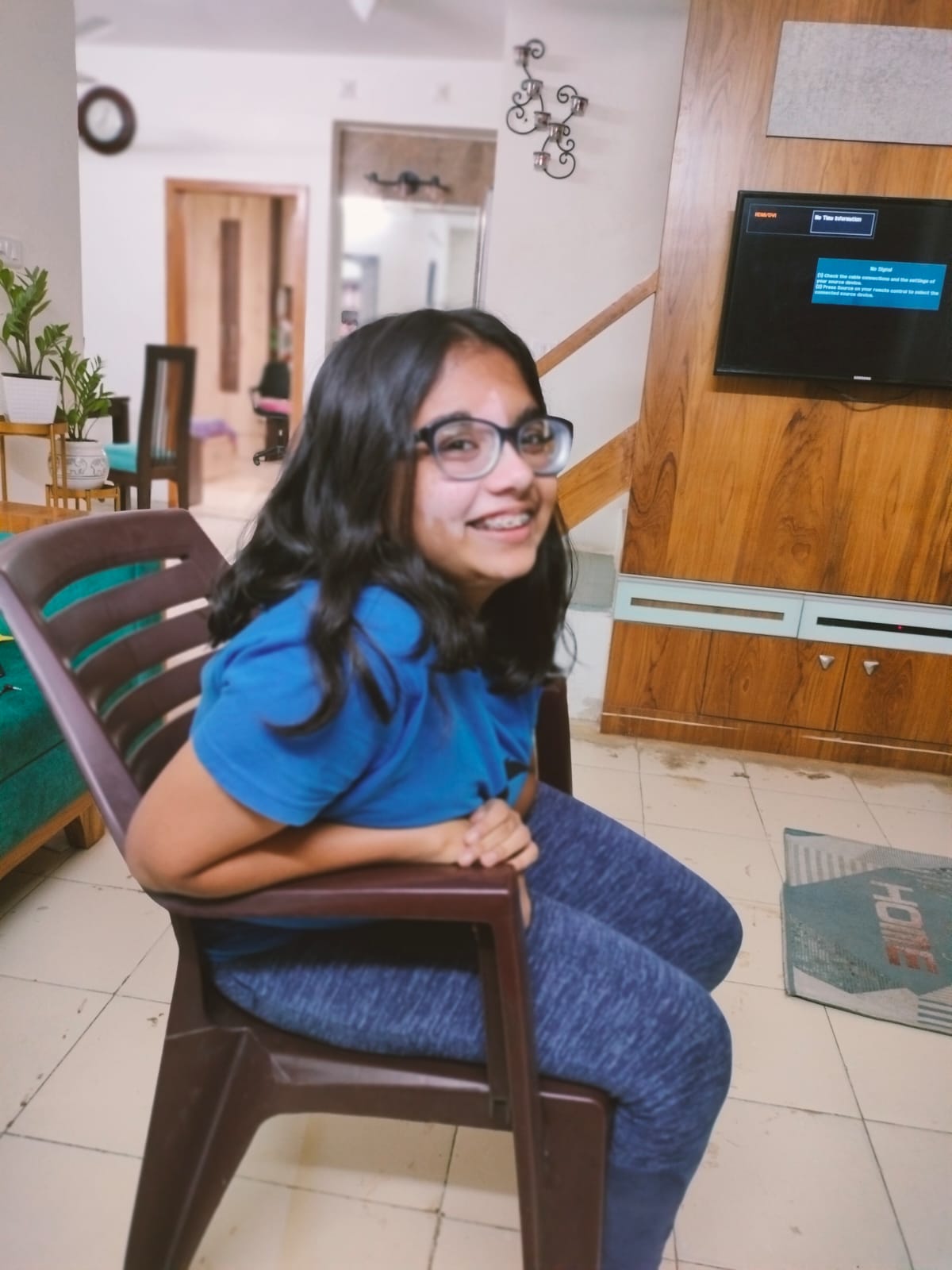
For Aastha Mohnani, based out of Rajkot, her work itself is closely linked to social media. The 24-year-old has been working as a social media strategist and content creator for three years. “Social media is what I breathe every day. It gives me creative space. But I am selective about what I see and read on social media. I use social media for 3 to 4 hours a day on work and also to connect with friends. If I come across a good meme I share it with friends. For entertainment, I like to watch movies on OTT platforms. I do not face problems related to heavy social media use,” says Aastha.

The situation is similar for Ahmedabad-based marketing professional Gayatri Hurra. She is of the view that social media has changed the definition of marketing forever. “Today’s trend cycle moves fast and social media is where trends are born. To stay alert to emerging trends relevant to one’s customers, it is important to keep your finger on the pulse of social media. This way, businesses are able to meet their targets and change their strategies to meet consumer needs more specifically.”
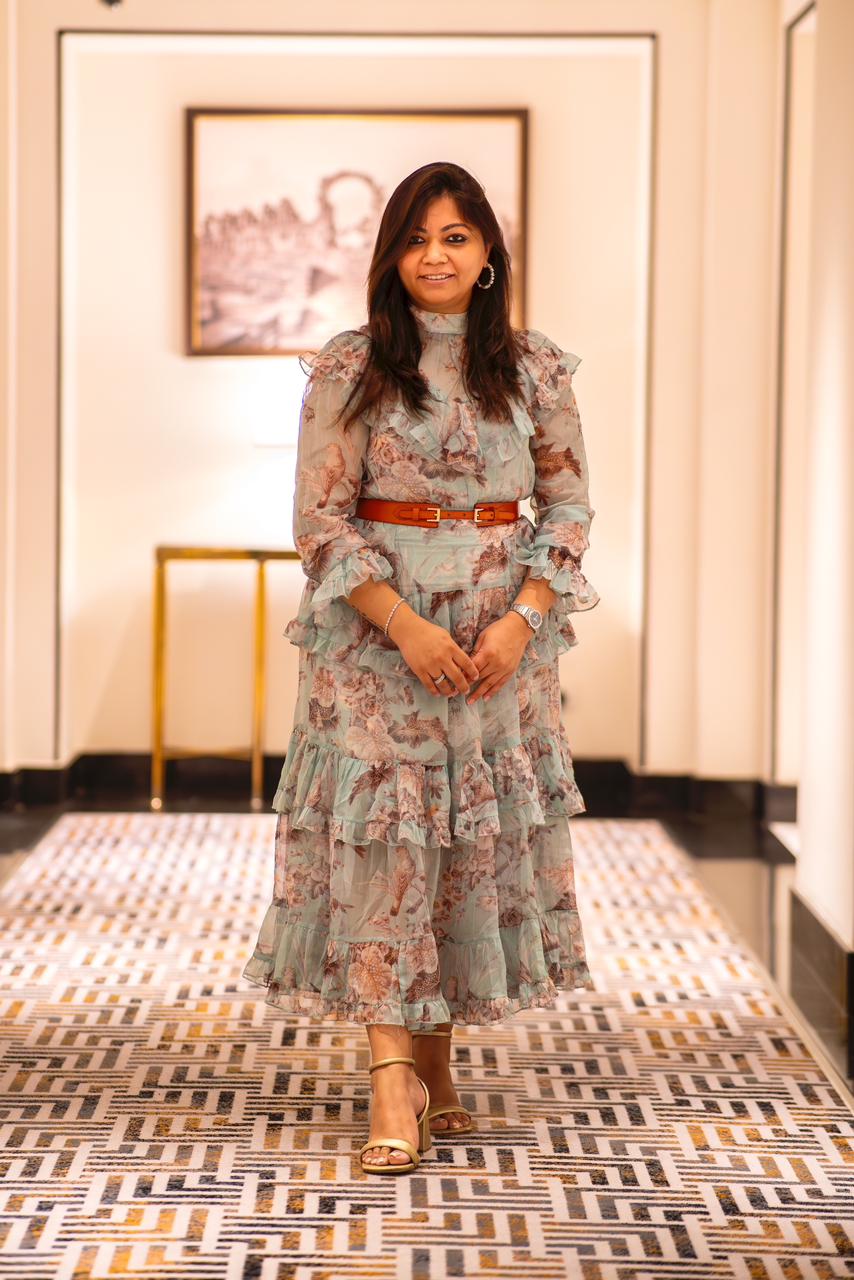
Looks like we cannot do without social media. However, we can certainly moderate usage to avoid adverse consequences on our mental and physical well-being.
Also Read: Why Being Too Busy Is Bad For You


